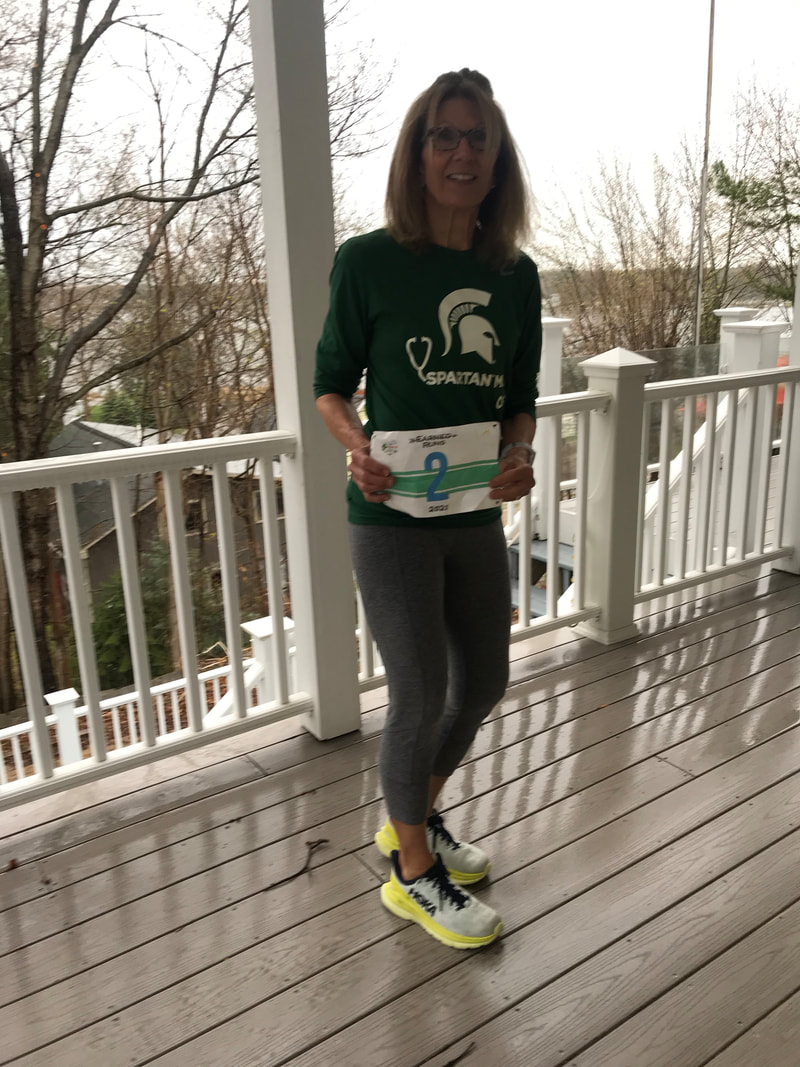BLOG
|
|
THERE'S AN EMERGING TYPE OF PERFORMANCE-ENHANCING CHEATING in sports that Olympic officials will be studying once the 2016 Rio Summer Games are over. It involves inserting synthetic DNA segments into specific cells to increase the production of proteins thought to improve athletic effort in competition. Gene-doping.
An article in the UPI.com (United Press International, a news organization) Home/Health News section by Stephen Feller, “Olympic Officials Plan to Investigate Gene Doping By Athletes”, gives readers a peak into the tactics and methods that will potentially be used by the anti-doping agencies to uncover evidence of gene-doping, at the time of specimen collection, as well as in the past. The article explains how the retro-active examination of Lance Armstrong’s blood lead to discovery of his use of the hormone EPO (erythropoietin) and other banned substances, as far back as 1999. This explains why cycling officials took the extreme action of stripping him of medals and wins back to 1998. Modern cheaters are thinking that it won’t be possible to detect a synthetic gene sequence once it has been incorporated into cells, but according to this article they are mistaken! Another article, in TheScienceExplorer.com, “Explainer: What is Blood Doping and Will Any Athlete at 2016 Rio Have Tried It?” by Colin Moran from the University of Stirling in Scotland, explains why gene doping can be harmful to athletes both short- and long-term. Firstly, he indicates, “poorly-executed” therapies may not work. Also, there are dangerous side effects that can be predicted with our current knowledge, explained below using EPO as an example. Experience with other unrelated therapies tells us that there may be unforeseen consequences to any treatment, especially if mis-used, that can only be recognized over time. The article warns of the “potential for off-target effects, whereby the gene therapy process unintentionally alters some of our healthy genes, creating unexpected side effects.” Take naturally-produced EPO as an example. It’s increased production mainly in the kidney (some in the liver) is vital to survival in persons with anemia or other conditions that result in too few circulating red blood cells (RBC’s). This hormone stimulates stem cells in bone marrow to make and release more RBC’s when a low level of blood oxygen, which is carried by red cells, is sensed by the kidney. Overproduction of erythropoietin can lead to erythrocythemia, in which too many RBC’s are present in blood. An increase in red cell mass causes blood to be viscous or thick; there is less plasma. Viscous blood does not circulate easily in blood vessels and vital tissues may not be properly perfused. Impaired circulation to the brain can lead to serious consequences like stroke and obtundation. There is also potentially an increased risk of clotting. Science is amazing; is not something to be studied in isolation from society. A need in one area of life may lead to the development of technology that nobly solves problems, alleviates suffering, or eliminates dysfunction. There can be abuse of that science and technology, as in the case of gene-doping. However efforts to detect such abuse may in turn result in further discoveries or applications that once again positively impact society. Who knows, the quest to find cheaters may ultimately help others! I hope all the 2016 Olympic champions remain a source of inspiration to the world, and that news out of the anti-doping agencies proves that competing unfairly is not a winning strategy. RUN HAPPILY and FAIRLY! http://www.upi.com/Health_News/2016/08/10/Olympic-officials-plan-to-investigate-gene-doping-by-athletes/2491470851226/ http://thescienceexplorer.com/brain-and-body/explainer-what-gene-doping-and-will-any-athletes-rio-2016-have-tried-it
0 Comments
Your comment will be posted after it is approved.
Leave a Reply. |
BRIDGE TO PHYSICAL SELF
Running, walking, and fitness activities enable us to experience our physical selves in a world mostly accessed through use of fingers on a mobile device. AuthorEARNED RUNS is edited and authored by me, runner and founder. In 1978 I began participating in 10K road races before 5Ks were common. I've been a dietitian, practiced and taught clinical pathology, and been involved with research that utilized pathology. I am fascinated with understanding the origins of disease as well as health and longevity. Archives
November 2023
CategoriesNew! Search Box
Earned Runs is now searchable! Check it out...
|


 RSS Feed
RSS Feed